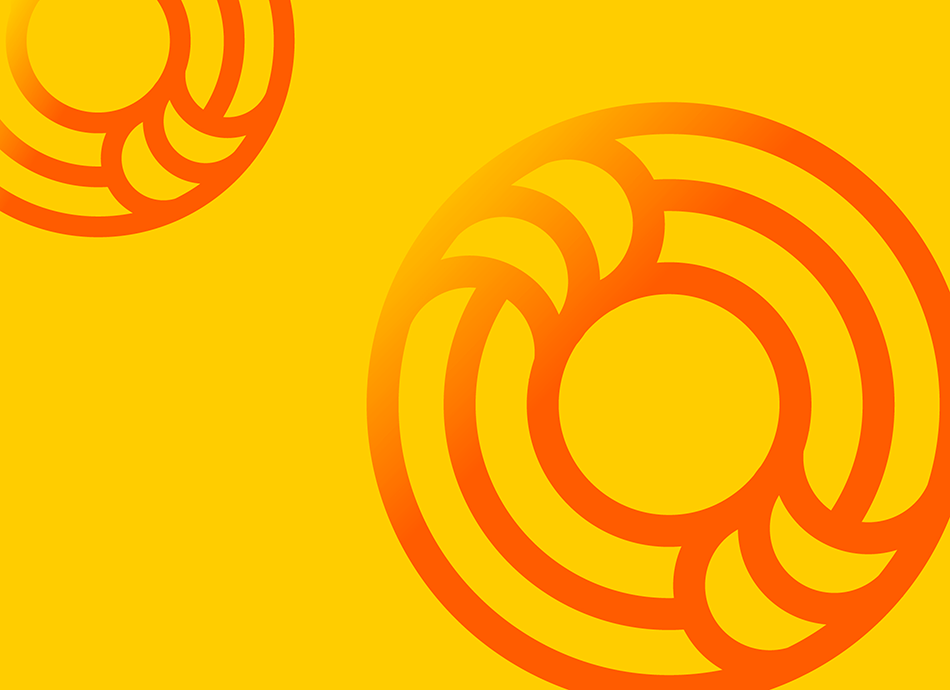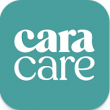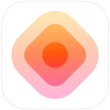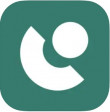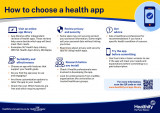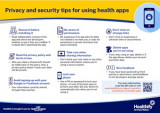Irritable bowel syndrome (IBS) is a common disorder that affects your digestive system. Symptoms include abdominal pain, bloating, gas, diarrhoea, and constipation, or alternating periods of both. Read more about irritable bowel syndrome (IBS).
There are a variety of irritable bowel syndrome apps that may help you manage your condition better.
- FODMAP diet apps: These help you manage your intake of fermentable oligosaccharides, disaccharides, monosaccharides, and polyols (FODMAPs), which are a group of carbohydrates that can trigger IBS in some people.
- Symptom tracking and food diary apps: These help you track your food intake and monitor your symptoms to help you identify triggers and links between the foods you eat and your symptoms.
- Gut hypnotherapy apps: These look at the gut-brain connection and use the approach of gut-directed hypnotherapy. Hypnotherapy works to improve the signals between your gut and brain to reduce pain sensations, improve bowel movements, and calm your IBS-related stress and anxiety.
Tips on how to use irritable bowel syndrome apps safely
Do (✔)
- Irritable bowel syndrome apps are best used under the supervision of your healthcare provider who can help you assess if the app is suitable for you.
- Use an app to keep track of your symptoms as part of your management plan.
- Use graphs and reporting for discussions with your healthcare provider.
- Be careful when reading information on discussion boards or group chat rooms. Some apps have interactive features where users can share their experiences. Be cautious, because in most cases these aren't monitored by a health professional so the advice or suggestions may not be safe or effective.
- Know when to seek help.
Don’t (✘)
- Don't rely on apps to make a diagnosis of your condition.
- Don't use treatments without first seeking medical and professional advice.
- Don't make changes to your medicines based on the recommendations from the app.


